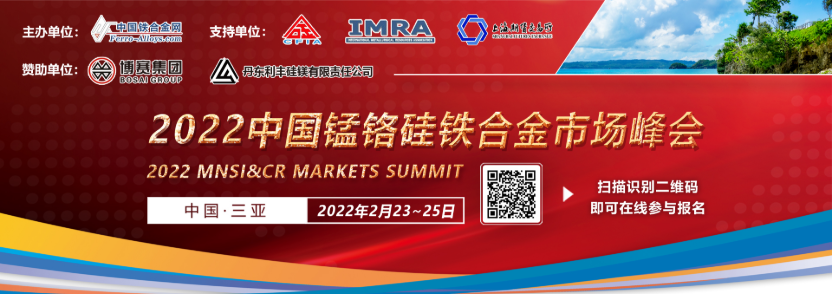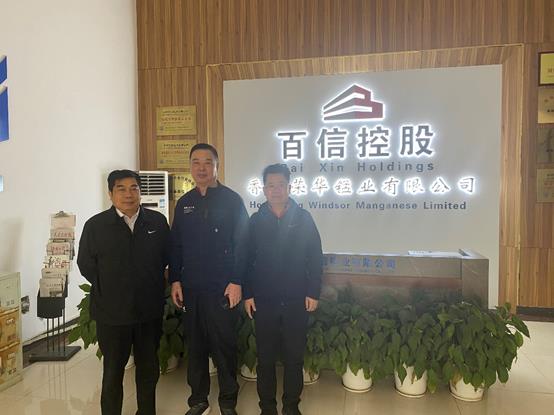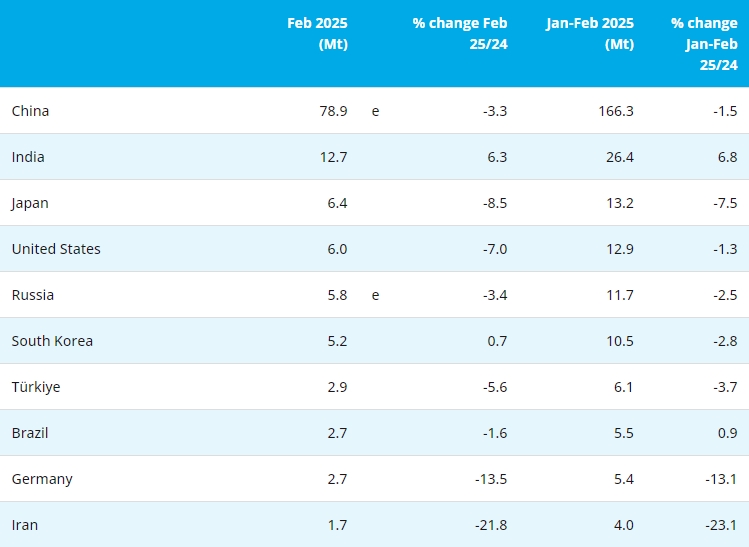
Central bank to provide incentive funding to support micro and small businesses
China will boost the steady growth of the industrial economy and support service industries in special difficulty, according to a decision made at the State Council's executive meeting chaired by Premier Li Keqiang on Monday.
As the recovery of the industrial economy is not yet fully established and some service industries still face special difficulties caused by COVID-19, measures will be rolled out swiftly to provide stronger support. More income tax relief will be extended to industrial and services sectors.
This year, micro, small and medium-sized enterprises that purchase new equipment worth more than 5 million yuan ($787,500) and with a three-year depreciation period are entitled to a one-off deduction of total purchase costs from taxable income, or a 50 percent deduction for such purchases of equipment with a depreciation period of four, five or 10 years. Tax deferral policies will be extended for those enterprises in the manufacturing sector.
The People's Bank of China, the country's central bank, will provide incentive funding to support an increase in inclusive loans to micro and small businesses. Efforts will be made to facilitate fairly rapid growth in medium and long-term loans to manufacturers.
To address the special difficulties facing catering, retail, tourism and passenger transportation, support will be scaled up including temporary tax breaks and partial deferral of social insurance contributions, with a view to promoting stable employment and consumption recovery.
Value-added tax will be exempted in 2022 for public transportation services such as buses, long-distance passenger transportation, ferries and taxis. The temporary refund of the quality guarantee deposit for tourism services at the rate of 80 percent will remain effective.
For micro and small businesses and self-employed households in the services sector renting State-owned property, six months of their rentals will be waived for those in high or medium-COVID-risk areas this year, and those in other areas will be granted a waiver of three months.
Localities may provide assistance deemed proper to micro and small businesses and self-employed households renting non-State-owned property.
"Inflation is a prominent issue facing the world, and we must pay close attention to its potential spillover," said Li, pointing out that "consumer prices in China rose by less than 1 percent last year".
"A very important reason is that in dealing with various challenges, we did not resort to a deluge of stimulus or excessive money supply. The macro leverage ratio was stable or down slightly last year," Li said.
"We are confident and capable of tackling inflation, but we must stay on the alert. Bottlenecks in the services sector could also lead to sectoral inflation. As consumption remains subdued at present, it is important to take measures as quickly as possible. Should inflation occur, it would cause a major impact on society. Therefore it is crucial to ensure supply and keep prices stable."
Efforts to ensure the supply and stable prices of commodities will continue, to ease cost-induced pressures on downstream enterprises and keep consumer prices generally stable.
Coal supply will be increased and coal-fired power plants will be supported in running at full capacity and generating more electricity, in order to meet electricity demand in terms of production and residential consumption.
Source: Xinhua
Copyright © 2013 Ferro-Alloys.Com. All Rights Reserved. Without permission, any unit and individual shall not copy or reprint!
- [Editor:kangmingfei]



 Save
Save Print
Print Daily News
Daily News Research
Research Magazine
Magazine Company Database
Company Database Customized Database
Customized Database Conferences
Conferences Advertisement
Advertisement Trade
Trade














 Online inquiry
Online inquiry Contact
Contact

Tell Us What You Think